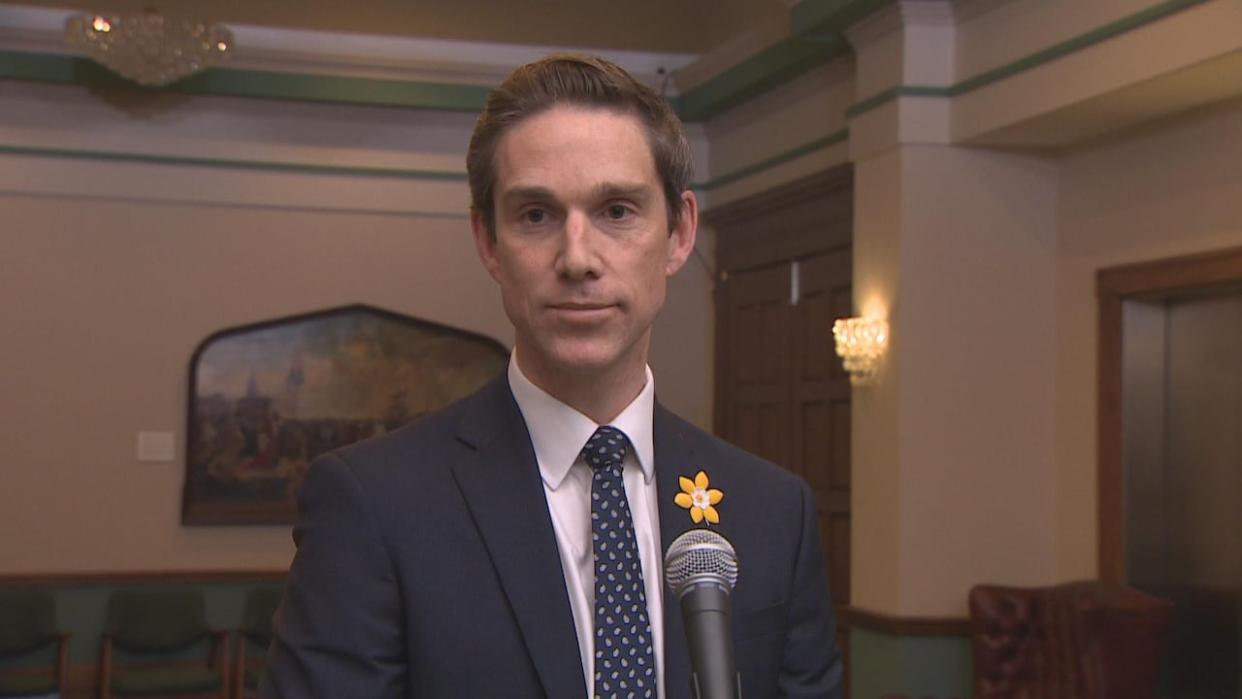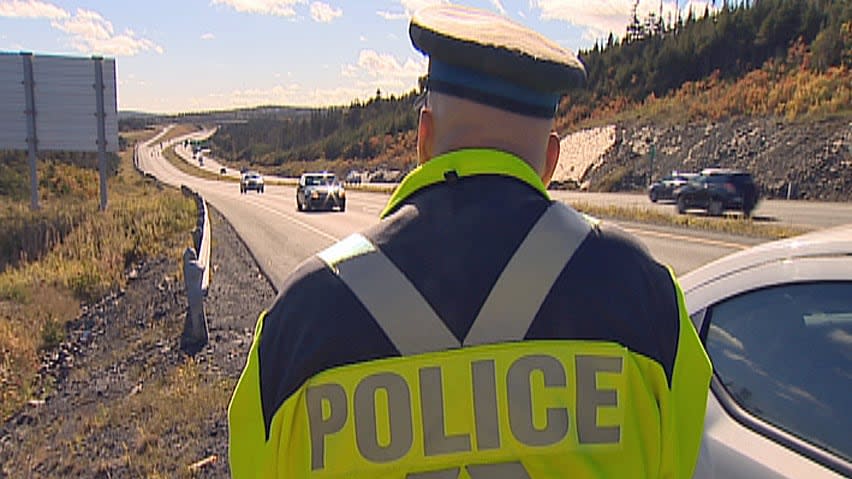Years later, N.L. still working on plan to trade community work for fine payments

There is no expected start date for a program — in the works for years — to allow some people in Newfoundland and Labrador to settle outstanding fines owed to the government by doing community service instead.
"I don't think we can commit to a timeline right now," Justice Minister John Hogan told a legislative committee Monday evening.
Unpaid fines have swelled to more than $50 million — a number that has continued to grow over the years.
A decade ago, an auditor general's report questioned the province's handling of the issue.
Government officials initially chose an option not on the list of recommendations mentioned by the AG, in an effort to tackle the problem: they launched a pilot project that could have seen people thrown in jail if they didn't pay up.
But that didn't work out, and justice officials put the brakes on the initiative after the Liberals took power in late 2015.
The department then shifted its focus to a new way of doing things — a program to let people work off the fines by doing community service.
As far back as 2017, then justice minister Andrew Parsons was publicly floating the idea of a fines option program.
Fast-forward to 2019, and the plan even made it into the throne speech, which lays out the provincial government's priorities.
"Our government will explore the creation of a fines option pilot program, which would enable those in marginalized groups with outstanding fines to settle their debt by performing community service work providing social benefits to the community and to participants," the speech advised.
Later that year, Parsons told CBC News it could become a reality within months — on a limited basis, with the possibility of expansion in the future.
That timeline was ultimately shifted a bit further down the road, with a planned spring 2020 rollout.
Then COVID-19 intervened, and there has been little public discussion about what would happen next — or whether anything would happen at all.
Current status of work on program
Opposition justice critic Helen Conway Ottenheimer asked about the status of the program at a recent House of Assembly committee meeting called to crunch the budget numbers for the Justice Department.
Assistant deputy minister Mike Noseworthy replied.
"We're currently drafting regulations and working on evaluating potential options for items to include in those regulations in order to give effect to a fines-options program," Noseworthy said.

Collecting unpaid fines owed for driving-related offences has been a problem for successive Newfoundland and Labrador governments for decades. (CBC)
Conway Ottenheimer followed up by asking whether there were any timelines for that to happen.
Hogan, who was appointed justice minister in the spring of 2021, said he couldn't provide one.
"We're continuing to look at regulations and best ways to not only have regulations that attempt to make good on the $50 million, but there's no point of doing it for individuals who either don't have that money or are never going to pay or other unforeseen circumstances where we're just spinning our wheels for no reason," he said.
"So it is taking a little bit of time to make sure we can come up with appropriate regulations and mechanisms to either collect the money or to find other opportunities for people to pay off that debt through mechanisms other than just dollars."
The tens of millions owing in fines, penalties and surcharges includes not just traffic violations but also things like contraband tobacco fines and victim fine surcharges imposed at provincial court, plus parking tickets.
Download our free CBC News app to sign up for push alerts for CBC Newfoundland and Labrador. Click here to visit our landing page.


